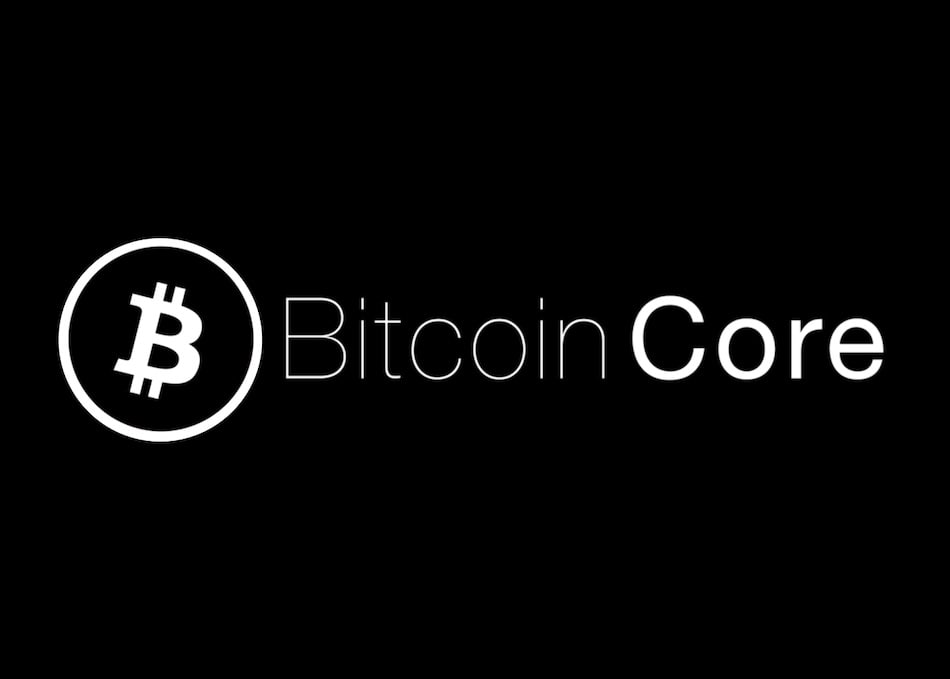
Bitcoin analyst Willy Woo has outlined a potential strategy for users concerned about the long-discussed quantum computing threat: store bitcoin in a SegWit wallet and refrain from moving it until quantum-resistant protocols are deployed.
Woo’s proposed quantum defense
Woo shared on social media that transferring bitcoin to a SegWit-compatible address could hide public keys from quantum computers, which are theorized to eventually decrypt keys and compromise funds.
He explained that SegWit addresses conceal the public key until a transaction is made, providing a layer of protection that legacy and Taproot addresses may lack.
Woo stated:
“Prior formats hide the public key behind a hash, so a BSQC [big scary quantum computer] can’t easily crack it.”
However, Woo cautioned that this approach requires users to avoid spending from the SegWit address until a quantum-safe solution is ready, potentially taking several years.
He also noted that bitcoin held by custodians, such as those in ETF treasuries, could be made quantum-resistant if institutions act proactively.
Debate over SegWit’s safety
Not all experts agree with Woo’s stance.
Charles Edwards, founder of Capriole, countered that SegWit does not make bitcoin quantum-safe and warned that posts suggesting a 7-year safety window are misleading. Edwards argued:
“SegWit is no protection model. We need to upgrade the network ASAP, and these kind of posts suggesting we have 7 years would mean the network collapses first.”
Timeline for quantum risk
The consensus among industry observers is that quantum computing likely won’t threaten bitcoin before 2030, with quantum-resistant upgrades already in the works.
Detractors, including Michael Saylor, have previously described quantum concerns as exaggerated marketing tactics, while others point to the significant technological barriers quantum computers still face.
Critics question quantum urgency
Skeptics argue that practical quantum computers are decades away, and that banks and other targets would become vulnerable before bitcoin.
Despite ongoing debate, the bitcoin community continues to monitor developments and discuss potential security upgrades.



